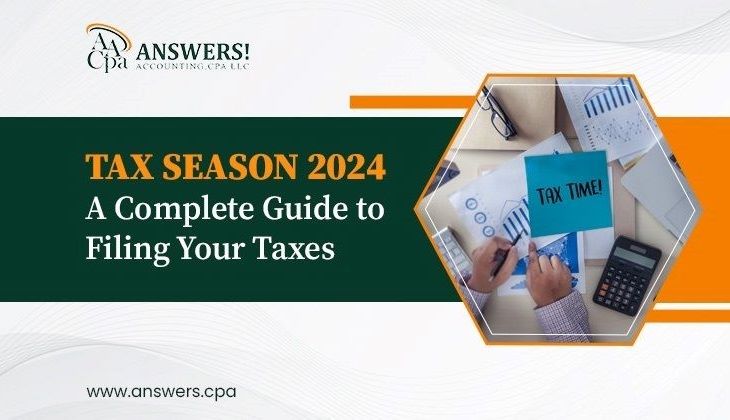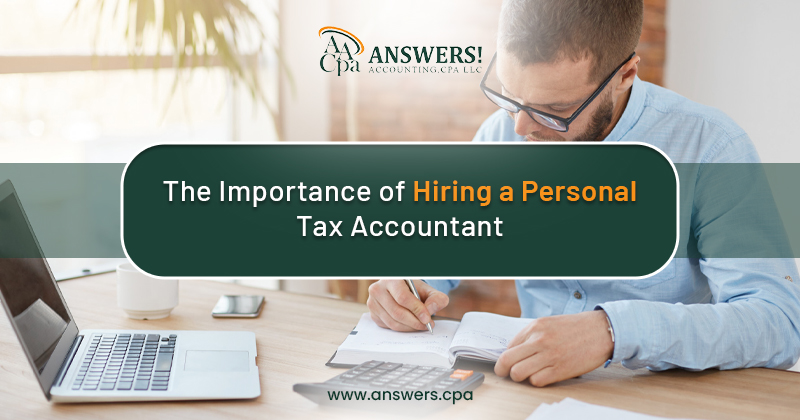Tax Seasons Start 2024: A Complete Guide to Filing Your Taxes
As tax season approaches, it's essential to be prepared to navigate the complex world of filing taxes in Colorado. Understanding the key aspects of tax season 2024 will help you make informed decisions and maximize your financial benefits, whether you're a seasoned taxpayer or a first-timer. we'll delve into everything you need to know before you file your taxes in Colorado.
When does tax season start in 2024 in Colorado?
Colorado follows federal tax rules for most income tax purposes, with a few unique exceptions. The state's tax laws and regulations can be complex, so it's crucial to stay up to date with any changes that may impact your tax return. From deductions and credits to deadlines and filing requirements.
Tax season starts in January, with the Internal Revenue Service (IRS) expected to open its systems and accept returns in 2024. The exact opening date has not been announced, so taxpayers should stay updated. Gathering necessary documents early will ensure a smoother process once the IRS opens. let's explore the intricacies of tax season in Colorado.
Key Deadlines and Filing Requirements
- • The deadline for filing your state taxes in Colorado is typically April 15th, unless it falls on a weekend or holiday.
- • If you need more time to file, you can request an extension until October 15th, but remember that this only extends the time to file, not to pay any taxes owed.
Deductions and Credits
- • Colorado offers various deductions and credits that can help reduce your tax liability, such as the Child Tax Credit, Earned Income Credit, and Education Credits.
- • Be sure to gather all relevant documentation, such as receipts and proof of expenses, to support your claims for deductions and credits.
Changes in Tax Laws for 2024
- • Stay informed about any changes in tax laws that may affect your filing, such as new deductions, credits, or exclusions.
- • Consult with a tax professional or use online resources to understand how these changes impact your tax situation.
Electronic Filing and Refund Options
- • Colorado encourages taxpayers to file their returns electronically, which can expedite the processing of your refund.
- • Consider direct deposit as your refund option for the fastest and most secure way to receive your money.
Tips for a Smooth Tax Filing Experience
Navigating tax season can be overwhelming, but with proper tax preparation and organization, you can streamline the process and avoid common pitfalls. Here are some tips to help you have a smooth tax filing experience in Colorado.
Organize Your Documents
- • Gather all necessary documents, such as W-2s, 1099s, receipts, and any other income or deduction-related paperwork.
- • Create a filing system to keep everything organized and easily accessible when it's time to file.
Consider Hiring a Professional
- • If you have a complicated tax situation or are unsure about certain deductions or credits, consider hiring a tax professional to assist you.
- • A tax professional can help maximize your refund and ensure compliance with state tax laws.
Check for Errors
- • Review your tax return carefully for any errors or omissions before submitting it.
- • Double-check all numbers and calculations to avoid discrepancies that may trigger an audit.
Plan for Next Year
- • Start planning for the next tax year ahead of time by keeping track of any changes in your financial situation or tax laws.
- • Consider adjusting your withholding or estimated tax payments to avoid any surprises next year.
Read This:- Tax Brackets for Small Businesses in 2024
Tax Season 2024: Changes and Updates
Tax laws constantly evolve, and staying informed about the latest changes is vital. This section outlines recent updates and how they might impact your filing and financial planning.
Tax Planning Strategies for the Future
Beyond just filing for the current year, tax season is an excellent time to look ahead. Strategies for saving for retirement, understanding the tax implications of investments, and planning for future tax years can all contribute to a healthier financial future.
Technology and Tools to Simplify Tax Filing
Tax filing taxes has never been easier with the advent of tax software and mobile apps. Recommendations for the best tools to streamline the process can save you time and reduce stress.
Tax Scams to Watch Out For
Unfortunately, tax season also brings out scammers looking to take advantage of unsuspecting taxpayers. Recognizing the signs of common tax scams and knowing how to protect yourself is crucial.
Conclusion
Tax season in Colorado can be a daunting task, but with the right knowledge and preparation, you can navigate it successfully. By understanding key deadlines, deductions, and credits, as well as staying informed about changes in tax laws, you can maximize your tax benefits and ensure a smooth filing experience. Remember to stay organized, check for errors, and plan for next year to make tax season 2024 a stress-free process.
FAQs about Tax Season 2024
This section addresses the most common questions and concerns about filing taxes, providing clear and concise answers to help demystify the process.
Q. What is the deadline for filing taxes in 2024?
The official deadline for filing your 2023 tax returns is April 15, 2024. However, if this date falls on a weekend or a holiday, the deadline may be extended to the next business day.
Q. How can I maximize my tax deductions and credits?
Keep detailed records of eligible expenses throughout the year to maximize your deductions and credits. Consider consulting with a tax professional to ensure you're not overlooking potential savings.
Q. Should I file my taxes online or via paper?
Filing taxes online is generally faster, more secure, and easier. It also allows for quicker processing of your return and refund. However, some may prefer paper filing due to personal preference or specific financial situations.
Q. What are the new tax law changes for Tax Season 2024?
Tax Season 2024 may introduce changes including tax brackets, deductions, and credit adjustments. It's essential to stay updated with the IRS announcements or consult a tax professional for the latest information.
Q. How can I avoid common filing mistakes?
Double-check your return for accuracy, including your Social Security number, income reported, and calculations. Using tax software can also help reduce errors.
Q. What should I do if I can't file my taxes by the deadline?
If you cannot file by the deadline, you can request an extension, which typically gives you until October 15 to file your taxes. However, remember that an extension to file is not an extension to pay any taxes owed.








